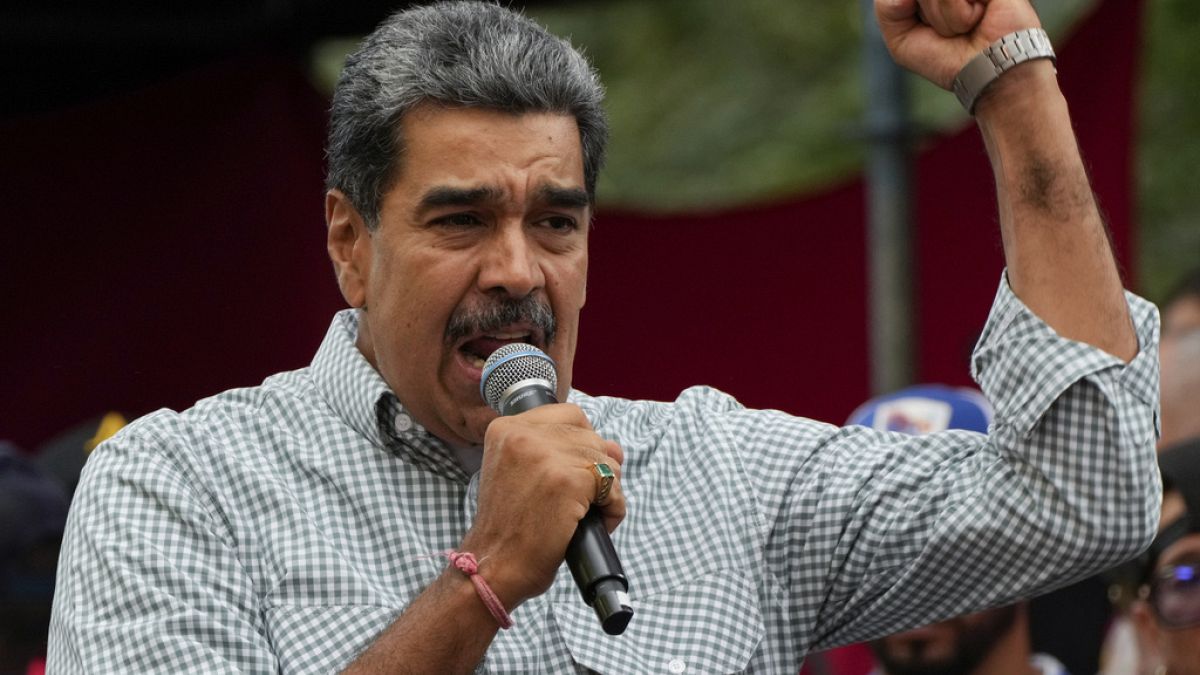The recent arrest of three Americans, two Spaniards, and a Czech citizen in Venezuela on alleged charges of plotting the assassination of President Nicolas Maduro has sparked international attention. The arrests were announced by Diosdado Cabello, Venezuela’s powerful interior minister, who claimed that the foreign citizens were part of a CIA-led plot to overthrow the Venezuelan government. Cabello presented images of confiscated rifles that were allegedly linked to the plotters. Among the arrested Americans was a member of the Navy identified as Wilbert Joseph Castañeda Gomez, a navy seal with previous service in Afghanistan, Iraq, and Colombia.
Following the arrests, the U.S. State Department confirmed the detention of a U.S. military member and expressed awareness of unconfirmed reports of two additional U.S. citizens detained in Venezuela. The State Department categorically denied any U.S. involvement in a plot to overthrow Maduro, reiterating support for a democratic solution to the political crisis in Venezuela. These developments come shortly after the U.S. Treasury imposed sanctions on 16 allies of Maduro for alleged electoral interference and human rights abuses. Spain’s parliament recognizing opposition candidate Edmundo Gonzalez as the winner of the disputed July 28 presidential election further escalated tensions between the countries.
The Venezuelan government declared Maduro as the winner of the election with 52% of the vote, while opposition activists claimed Gonzalez emerged victorious with a significant margin based on tally sheets collected from voting machines. Despite international criticism over the election’s transparency, Venezuela’s supreme court upheld Maduro’s victory, prompting charges of conspiracy against Gonzalez, who fled to Spain. Maduro, who has been in power since 2013, has consistently accused the U.S. of attempting to overthrow him through sanctions and covert operations. The administration has previously used imprisoned Americans as bargaining chips, as seen in a deal last year involving the release of individuals to secure a presidential pardon for a Maduro ally facing money laundering charges in the U.S.
The ongoing political crisis in Venezuela, fueled by the disputed election results and allegations of foreign interference, has strained relations between the Maduro government and other countries, including the U.S. and Spain. The recent arrests of foreign nationals on assassination charges have heightened concerns over the volatile situation in Venezuela and the potential for further escalation. As the international community closely monitors developments in the region, efforts to seek a peaceful resolution to the political turmoil in Venezuela remain at the forefront of diplomatic efforts. The implications of these arrests and their impact on global relations underscore the complexities of the situation in Venezuela and the challenges ahead in achieving stability and democracy in the country.










